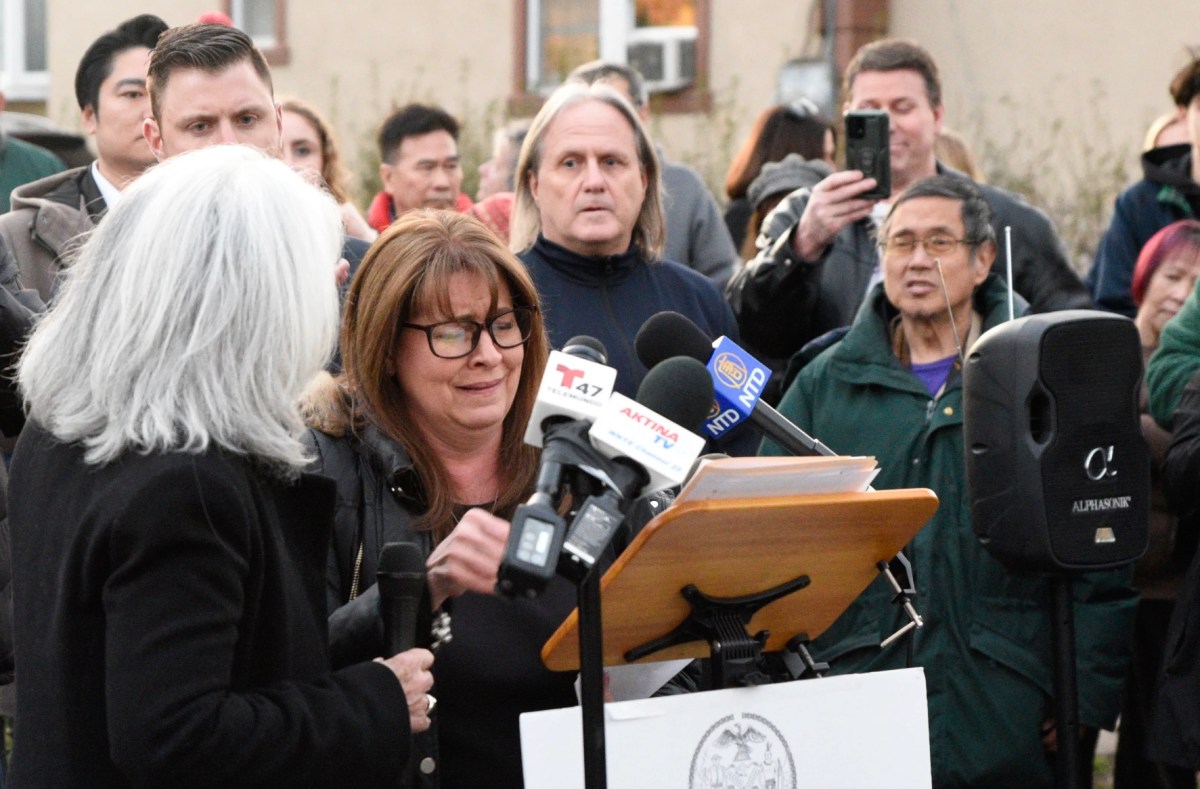The Federal Reserve raised short-term interest rates by a quarter of a percentage point today. In terms of suspense, this was the slowly inflating balloon that didn’t pop. The result: no surprise. The Fed has indicated that there will be at least two more short-term rate hikes this year in addition to Wednesday’s. The intent is to push the “overnight” interest rates that lenders offer to each other consistently higher over time — without shocking global markets or the U.S. economy. Here’s how the Fed’s strategy — and the first rate hike of 2017 — will impact mortgage rates this year.
Mortgage rates haven’t waited on the Fed
“There was a high likelihood that the Fed was going to raise rates, so that was already priced into the market,” Mat Ishbia, president and CEO of United Wholesale Mortgage, tells NerdWallet. As a result, housing experts don’t expect the latest Fed move to cause a sharp spikein mortgage rates. In fact, mortgage rates started trending upward following the election of Donald Trump as president. Prior to the election, 30-year fixed mortgage rates were holding firm at 3.75%, according to the NerdWallet Mortgage Rate Index. This week, rates have topped 4.5%. » MORE: Calculate your monthly mortgage payment
“Mortgage rates are already being pushed higher on expectations of higher short-term interest rates and rising inflation expectations,” says Scott Anderson, chief economist for Bank of the West. Those rising home loan rates combined with continued home price gains could mount an increasing challenge for home sales over the coming year, Anderson says.
“However, the tightening labor market, rising wage growth, high levels of consumer confidence and a [millennial] generation with a pent-up demand for housing should allow the housing market to weather the storm of gradually rising interest rates,” he adds. Don’t fear the Fed
“Aside from a strengthening economy, it’s clear the Fed believes the federal funds rate is still low enough for consumers to feel comfortable borrowing and spending,” says Bob Walters, president and COO of retail mortgage lender Quicken Loans. “A modest increase in mortgage rates won’t have much of an effect on home purchases,” he adds. “A buyer may need to slightly re-evaluate which homes they can afford, but it’s not likely to make an impact on qualifying, in most cases.” If you’re an aspiring home buyer, you’ll want to keep an eye on rising mortgage rates and calculate the resulting impact on affordability. “Adjustable-rate mortgages will become more prevalent this year if rates continue to go up, but as of right now, [fixed] rates are still at a really good place,” says United Wholesale’s Ishbia. In a rising interest-rate environment, ARMs can be a good short-term option, particularly for homeowners who aren’t buying their “forever home.” Meanwhile, if you’re a current homeowner with an ARM — and planning to stay in your home for the long haul — you may want to consider refinancing to a fixed-rate mortgage while rates are still so favorable. But the Fed is just getting started
Today’s hike puts the short-term interest rate range at 0.75% to 1.00%. But with a growing economy, inflation bubbling up to near 2%, and historically low interest rates, the Fed is looking to nudge interest rates even higher. Having made just three interest rate hikes in 10years, the central bank needs a bigger interest rate cushion to fall back upon. That way, if the economy starts to weaken in a couple of years or so, the Fed will have some room to ease interest rates back down to fuel additional growth. “As long as the Fed doesn’t signal any more than the expected three rate hikes this year, mortgage rates should remain stable over the next few months,” says Alan MacEachin, Navy Federal Credit Union corporate economist. “Short-term interest rates should continue rising along with the federal funds rate, while long-term rates should rise at a much slower rate,” MacEachin adds. “As a result, I don’t see mortgage rates rising much this year, not by enough to have a detrimental impact on the housing market.” Bank of the West has similar mortgage rate expectations.
“We forecast that by the fourth quarter of this year, 30-year mortgage rates could average around 4.7%, given our baseline Fed and inflation forecasts,” Anderson says.
Hal Bundrick is a staff writer at NerdWallet, a personal finance website. Email: hal@nerdwallet.com. Twitter:@halmbundrick. The article First Fed Rate Hike of 2017: Impact on Mortgage Rates originally appeared on NerdWallet.
















